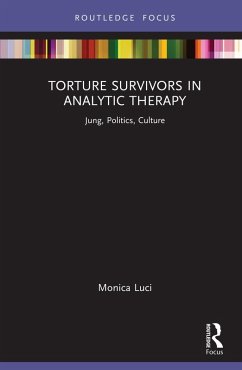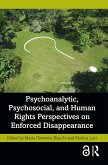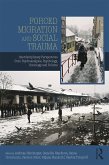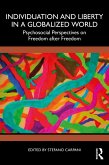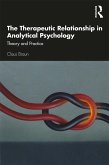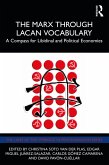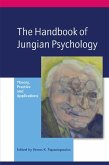Using the concepts of analytical psychology, relational psychoanalysis, and neuroscience, and relying on the theoretical basis of her book Torture, Psychoanalysis and Human Rights (Routledge, 2017), Luci focuses on three key clinical cases and illustrates the therapeutic paths that the therapeutic dyad explore and experiences in order to get out of the patient's inner prison created or aggravated by the experience of torture. The book discusses the role of the therapist when working with torture survivors, the requirement of a slow and cautious approach when dealing with such trauma, and the importance of a careful and respectful consideration of issues of identity, politics, and culture.
Featuring a useful guide, this book will be of great interest to mental health professionals, psychotherapists and students practicing in services that provide assistance to torture and war trauma survivors.
Dieser Download kann aus rechtlichen Gründen nur mit Rechnungsadresse in A, B, BG, CY, CZ, D, DK, EW, E, FIN, F, GR, HR, H, IRL, I, LT, L, LR, M, NL, PL, P, R, S, SLO, SK ausgeliefert werden.
'In this remarkable and all too rare clinical book on torture survivors, Luci introduces the reader to groundbreaking psychoanalytic therapy with three survivors. Her descriptions and commentary about the treatments are in graphic and chilling detail writing about torture, the body, slavery, and gender-based violence. Her theoretical underpinnings of the treatments are compelling, contemporary, and holistic. Using an integration of relational and Jungian principles, she brilliantly captures the dynamics of complex trauma and writes with measured authority and moving humanity. Luci's study is a significant contribution to the field of trauma studies and extends our psychoanalytic insights.' - Spyros D. Orfanos, PhD, ABPP, Director, New York University Postdoctoral Program in Psychotherapy & Psychoanalysis
'Monica Luci makes an essential contribution to the clinical literature on working with survivors of gross human rights abuses. Through three compelling case histories, she demonstrates not only a keen understanding of the tortured subject, but the difficulty of deeply engaging such profoundly damaged human beings in treatment when experiences for which there are no words inscribe themselves on the body. Clinically rich and instructive data are lucid explications of Jungian and Relational psychodynamics.' - Ghislaine Boulanger, Ph.D., New York University Postdoctoral Program in Psychotherapy and Psychoanalysis

